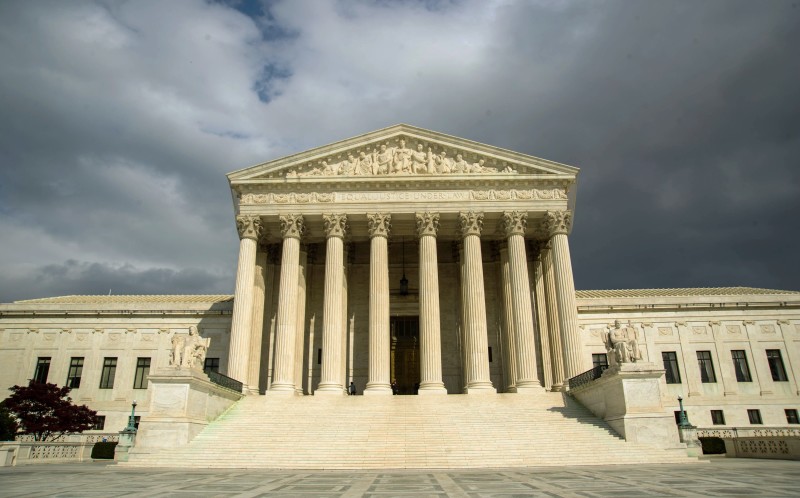Many of us have old prescription drugs sitting around in medicine cabinets -- so what's the best way to get rid of them?
Some folks simply toss old pills in the garbage, or down the toilet.
Both of those options can lead to medications in the ocean, bays or rivers. Three years ago Alameda became the first county in the nation to require pharmaceutical companies to pay for safe disposal of prescription drugs. Pharmaceutical manufacturers sued and lost in lower courts. Tuesday the U.S. Supreme Court refused to hear the case, meaning that drug makers will now need to pay for collection and disposal of unused drugs.
"I think that this is an important step forward for protecting our marine resources as well as our drinking water," said Miriam Gordon with Clean Water Action, an advocacy group.
Actually, the FDA says it's OK to flush many kinds of old pills down the toilet. Regulators say the risk of kids or pets getting into them around the house is much worse than any impact on our water.
